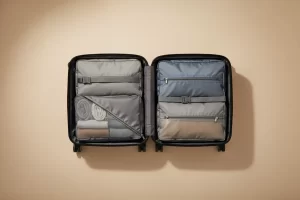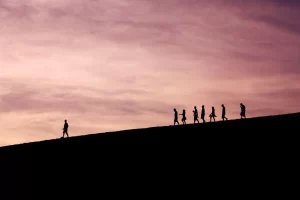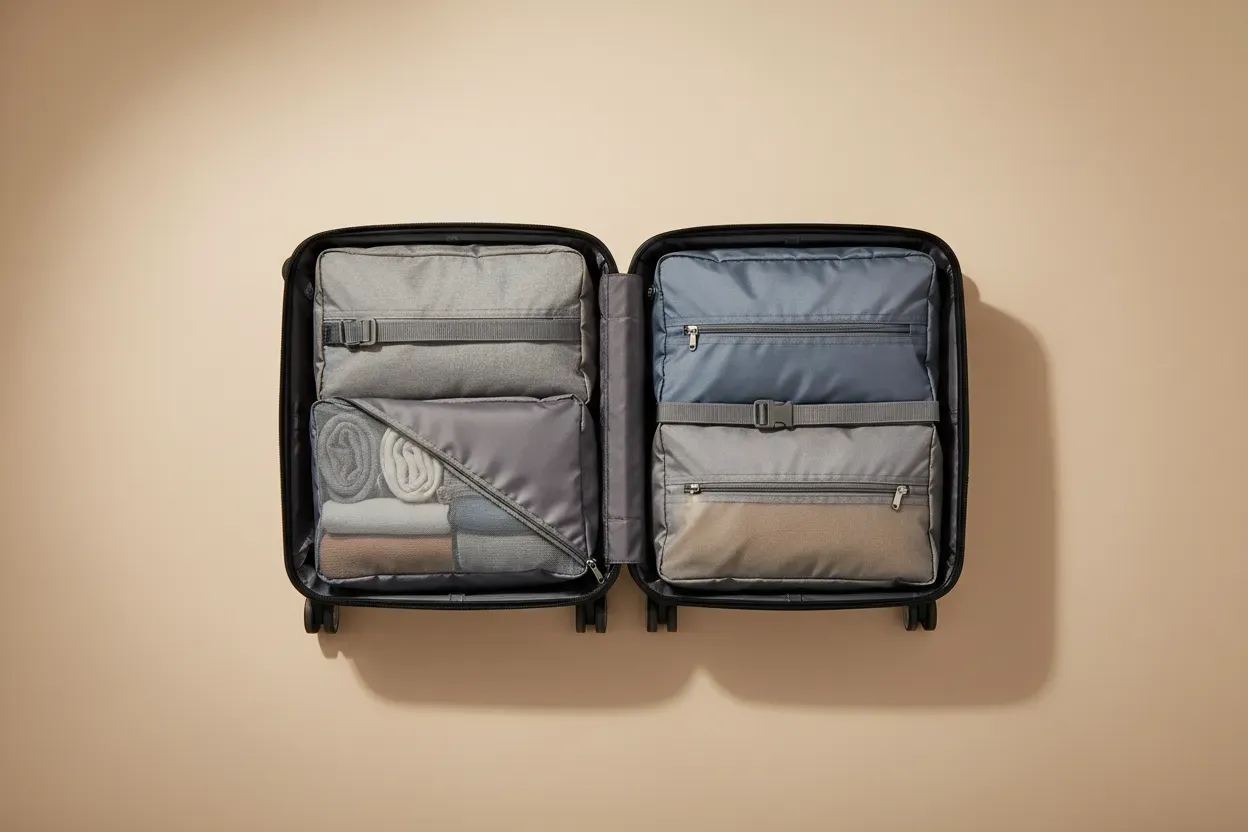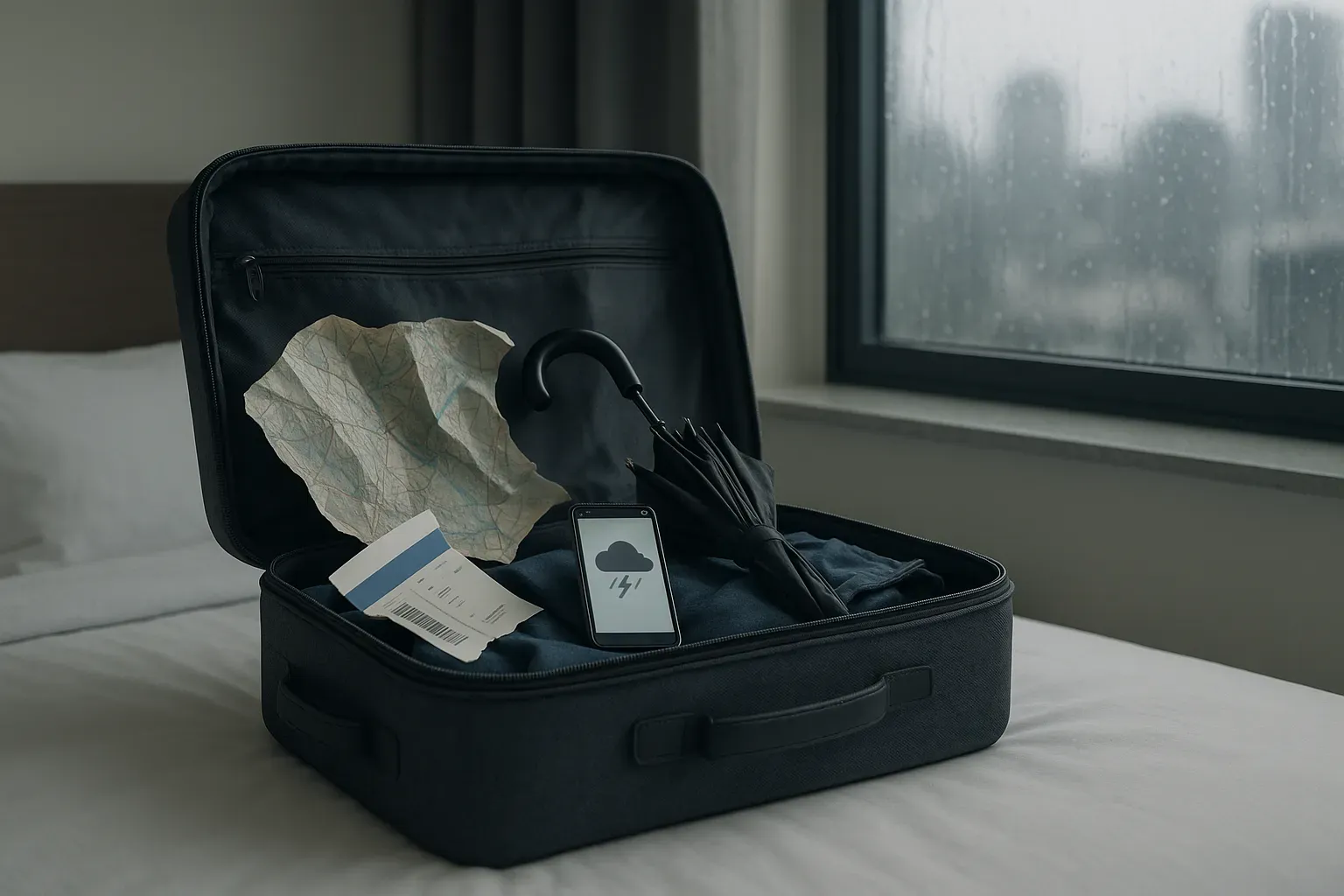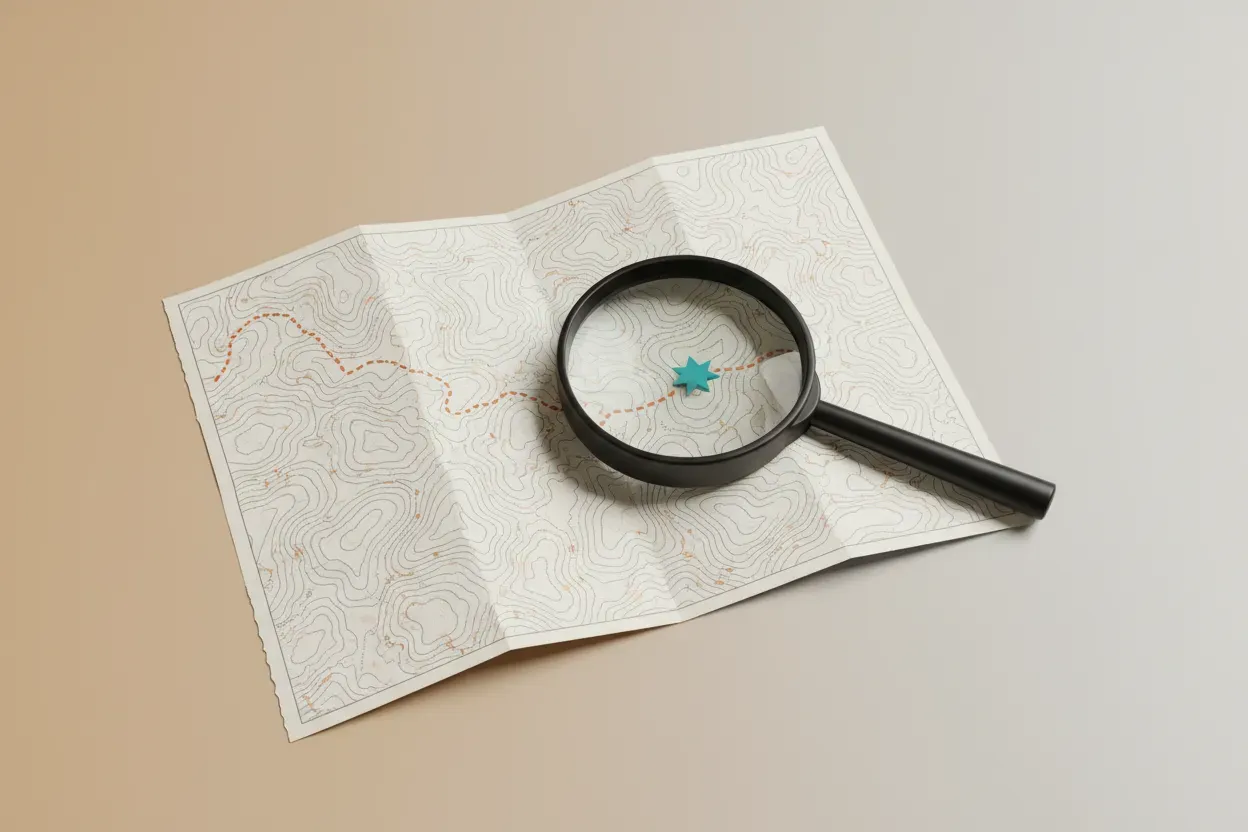Travel Disasters: What to Do When Things Go Wrong
Travel mishaps can quickly derail even the most carefully planned trips, but industry experts share proven strategies to overcome common disasters. The article outlines practical approaches to handling everything from lost luggage to flight cancellations, with professional advice on transforming travel problems into opportunities. These insights help travelers prepare for potential issues while maintaining perspective when vacation plans inevitably face unexpected challenges.
- Leave Bad Accommodations to Protect Your Investment
- Pack Essentials in Carry-On for Flight Delays
- Turn Transport Strike into Content Opportunity
- Embrace Unexpected Moments with Mindful Pause
- Schedule Buffer Days for International Travel
- Wrong Turn Leads to Meaningful Local Connection
- Quick Action Saves Trip After Flight Cancellation
- Lost Luggage Teaches Valuable Carry-On Lesson
- Lost Luggage Creates Better Presentation Opportunity
Leave Bad Accommodations to Protect Your Investment
My honeymoon in Menorca taught me an expensive lesson about when to cut your losses. We’d booked this charming 11-room boutique hotel with incredible reviews, the kind of intimate, rustic luxury property you dream about. We arrived in August during peak season, settled into our second-floor room, and immediately noticed the AC was struggling in the heat.
We lowered the temperature and headed to dinner. When we returned, there was a literal puddle spreading across the floor from the leaking AC unit. We alerted the front desk, and they promised to fix it in the morning but explained they were completely sold out with no other rooms available.
Here’s where I made my mistake. We decided to tough it out. We spent our days at the beach and pool, took cold showers, and strategically positioned our luggage away from the leaks whenever we ran the AC. I meticulously documented everything, thinking this would guarantee us a refund later.
Wrong. The hotel refused any compensation. We filed a chargeback with our credit card, but we lost because technically the hotel had provided us a room and their services. The bank didn’t care that those services included sleeping in a sauna with a makeshift indoor water feature.
My hard-earned advice? If something major is broken, don’t stay. Document the issue, check out immediately, and find alternative accommodations. Yes, it’s disruptive and stressful, but staying means you’re accepting the situation, which kills your leverage for any refund.
For important trips, consider booking larger hotels where they can actually move you to another room if issues arise. Small boutique properties often lack that flexibility during high season, no matter how gorgeous they are.
Adaptability is wonderful for minor hiccups. But for major problems affecting your basic comfort? Leave. Your trip and your wallet will thank you.
Pack Essentials in Carry-On for Flight Delays
I was flying from London to Bangkok with a layover in Hong Kong. My first flight was delayed leaving London by 3 hours while we were stuck on the plane, on the tarmac waiting to take off. I should have missed my connecting flight in Hong Kong, but after arriving and finding my gate, my second flight was delayed almost every 40 minutes, for 10 hours. This 12 hours worth of delays from two flights caused me to miss my first day in Thailand, and I even missed my first half-day at the expensive multi-day tour I had booked and my first night’s accommodation.
Luckily I had travel insurance so I was eventually compensated for the trouble, but because I hadn’t expected 12 hours worth of delays, I didn’t have any changes of clothes in my carry on, which meant it was hard to freshen up at any point throughout my journey. I had to sleep on the floor of the airport since each delay was only for 40 minutes at a time so I couldn’t find a hotel and return to the gate later. This experience made me realize how important it is to have at least 1 spare change of clothes (including underwear) in my carry on, as well as some wet wipes, a toothbrush, and any other basic hygiene products so if I get delayed or can’t make it to my accommodation on time, I still have the ability to feel clean while I wait. I have made packing these essentials a priority ever since!

Turn Transport Strike into Content Opportunity
Two years ago I was in Bordeaux for harvest season when a railway strike stranded me 200km from Château Margaux — where I had a once-in-a-lifetime appointment to taste their legendary 1982 vintage with the estate director. This was content gold that would take months to reschedule, if ever.
I immediately checked ride-sharing apps and found a driver willing to make the journey for €150. While en route, I used the 3-hour drive to research smaller châteaux along our path and cold-called five estates. Three said yes to impromptu visits, turning my crisis into an unexpected story about hidden gems most tourists never see.
That detour led to finding Château de Pitray, a 14th-century estate making incredible Bordeaux for under €20. The article became one of our most-shared pieces, generating 47% more engagement than typical château reviews because readers love finding authentic, affordable alternatives to the famous names.
Now I always research backup locations within driving distance of any major appointment and keep a €200 emergency travel fund. The best travel stories often come from the unplanned moments — lean into the chaos instead of fighting it.

Embrace Unexpected Moments with Mindful Pause
I travel often for retreats and writing trips, and one of my most memorable mishaps happened on a late-summer trip through Italy.
I’d planned to take the last train from Florence to Rome after a long day of interviews. A small delay at the station turned into a missed departure, and suddenly I was stranded with a dead phone and no hotel booked. My first reaction was panic — how would I find a place to stay at midnight in a crowded city? But after a few deep breaths (and a quick scan for an open cafe), I decided to treat the situation as an impromptu mindfulness exercise.
I slowed down, asked a local barista for recommendations, and ended up sharing a taxi with two other stranded travelers to a small family-run pensione nearby. We spent the evening trading stories over espresso. And this simple experience really did become the highlight of my trip.
Here’s my advice for fellow travelers:
Build in mental flexibility as part of your itinerary. Double-check logistics, yes, but also practice the skill of pausing before reacting. A missed train or delayed flight can feel catastrophic in the moment, but it often opens doors to unexpected connections and stories you’ll remember far longer than the perfectly planned parts of the journey.

Schedule Buffer Days for International Travel
Once I had a European trip planned, and to get to my first destination I had to take a short plane ride to a different airport in the US for that international flight. The first flight went on time, but my connecting flight kept getting pushed back later and later. I was in the airport for probably about 10 hours before it got completely cancelled. During that time, I kept talking to an airline representative about other options, but there really wasn’t anything else that was going to work. So, after the flight was cancelled, I was able to be put on a new flight the next day. But that meant I missed an entire day of my trip, which was such a bummer. Luckily, I had planned out my trip well so that I didn’t have to change things around too much. I can be hit with jet lag pretty hard, so on that first day I was supposed to be there I didn’t plan to do anything important or requiring payment beforehand. I would highly recommend this — planning to do the main activities you want to do after your first day in case there is a travel issue.

Wrong Turn Leads to Meaningful Local Connection
One of the most memorable travel mishaps I’ve had was while walking the Camino de Santiago.
I was hiking alone, following the trail, when I suddenly realized I had taken a wrong turn. My phone had no signal, the sun was beginning to set, and there was no one else around.
At first, I felt a wave of panic. It’s an unsettling feeling to be lost in an unfamiliar place without the safety net of technology. But I reminded myself that this was part of the journey.
I walked on until I found a small village and decided to ask the locals for help. My Spanish wasn’t perfect at the time, but I managed to explain my situation. They pointed me back towards the right path with such warmth and kindness that my fear quickly gave way to gratitude.
The lesson I took from this moment? You don’t need perfect language skills to connect with people. Courage, openness, and a willingness to ask for help go a long way.
My advice for other travelers:
Don’t rely only on your phone; carry a paper map or guide as backup.
Trust that most people are willing to help if you just ask.
And remember, moments of uncertainty often lead to the most meaningful encounters.
That “wrong turn” ended up being one of the best parts of my Camino, because it reminded me that getting lost is sometimes the only way to truly find connection.

Quick Action Saves Trip After Flight Cancellation
Last year, I was supposed to go to Paris, but two days before my flight, the airline canceled it due to a problem with the plane. At first, I panicked because everything was booked, but I called the airline right away. They didn’t answer, so I contacted them on Twitter to help me secure new flights a day later that had a layover.
I also had to modify my hotel booking and canceled some excursions I’d scheduled.
It was all imperfect, but I learned to keep a cool head and be adaptable when things don’t go as planned. And my advice would be to back up, yet have patience and create solutions as you go.

Lost Luggage Teaches Valuable Carry-On Lesson
The first — and hopefully last — time my luggage didn’t make it onto the plane was on a trip to Zurich, one of the most expensive cities in the world. We only had our small bags with us, containing little more than wipes and a jacket each. By the time we filed the lost luggage report, most shops were closed, so we grabbed essentials and pajamas from a small shop at the train station. Thankfully, our apartment had a washing machine, which saved us! The experience taught me a valuable lesson: always pack enough in your carry-on for a day or two. Now I swear by my solid packing list, which you can find on my blog – Italy with an Italian, along with my travel, fashion, and Italy tips.

Lost Luggage Creates Better Presentation Opportunity
Probably one of the most challenging travel experiences I had was on a trip to New York City. After waiting at the baggage claim, I found out that my luggage was lost, along with the outfit I would wear and all of my presentation materials. I just pictured myself standing in the client’s office, thinking, how am I supposed to go to this meeting tomorrow now? Hungry, tired, and with an empty feeling.
Well, after a brief “pity” session, I went to a local store and got a cheap outfit near my hotel and spent the evening at a cafe rewriting every note from memory. The next day, I threw the slides away and told the story straight from the heart. It ended up better than the most polished deck I could have imagined.
Message: Always have plan number one in your suitcase, but also have confidence in yourself. Sometimes, only a messy and unscripted version is the best and the right one.






